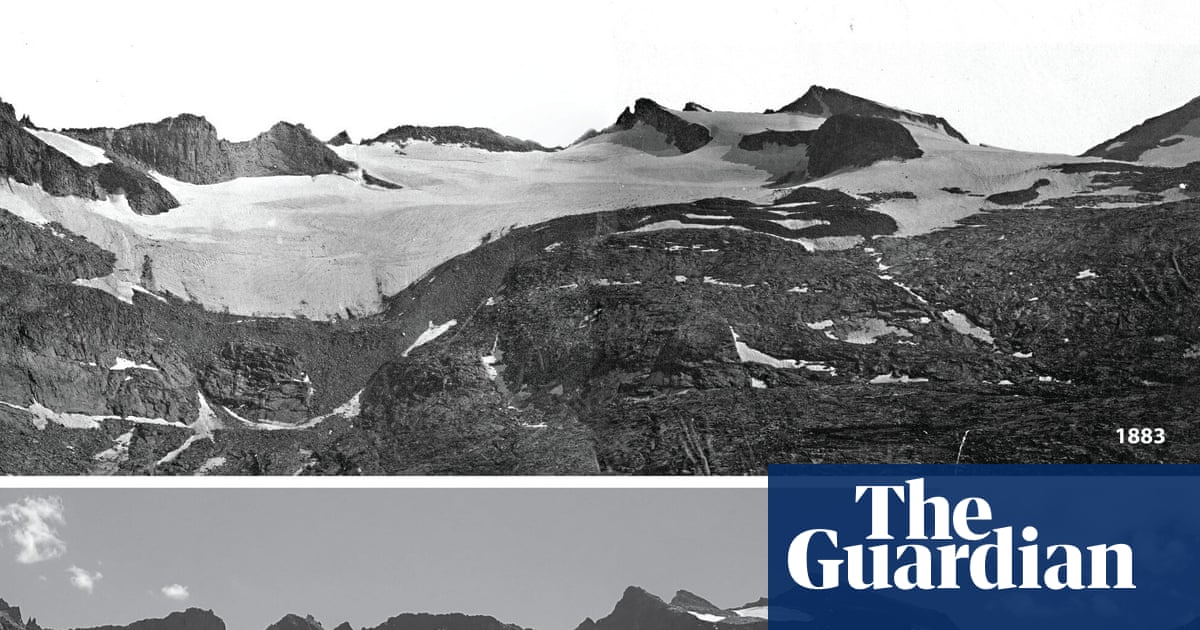
"Deep in California's Sierra Nevada, massive glaciers are disappearing and projected to melt away completely by the beginning of the next century, leaving ice-free peaks for the first time in human history, new research has found. The mountain range's glaciers are older than previously known, dating back tens of thousands of years, with some as old as the last ice age, according to an article published last week in Science Advances."
"Our reconstructed glacial history indicates that a future glacier-free Sierra Nevada is unprecedented in human history since known peopling of the Americas ~20,000 years ago, the article states. Glaciers around the world are under threat amid the climate crisis. A study published in May of this year found that nearly 40% of glaciers are doomed to melt because of global heating."
"The new research focuses on four Sierra Nevada glaciers the Conness, Maclure, Lyell and Palisade glaciers that are among the largest and likely oldest in the range. Their longevity amid climate warming makes them bellwethers for examining glacier disappearance in the west, the article states. Researchers looked at recently exposed bedrock around the glaciers and took samples to determine how long the area was covered by ice."
Sierra Nevada glaciers are disappearing and projected to melt by the next century, leaving ice-free peaks. Some glaciers date back tens of thousands of years and originate in the last ice age. Reconstructed glacial history indicates a future glacier-free Sierra Nevada would be unprecedented since peopling of the Americas ~20,000 years ago. Globally, nearly 40% of glaciers are already doomed to melt, and under 2.7°C warming up to 75% could disappear. Researchers studied Conness, Maclure, Lyell and Palisade glaciers by sampling newly exposed bedrock and found maximum positions as early as 30,000 years ago and one expansion ~7,000 years ago.
Read at www.theguardian.com
Unable to calculate read time
Collection
[
|
...
]